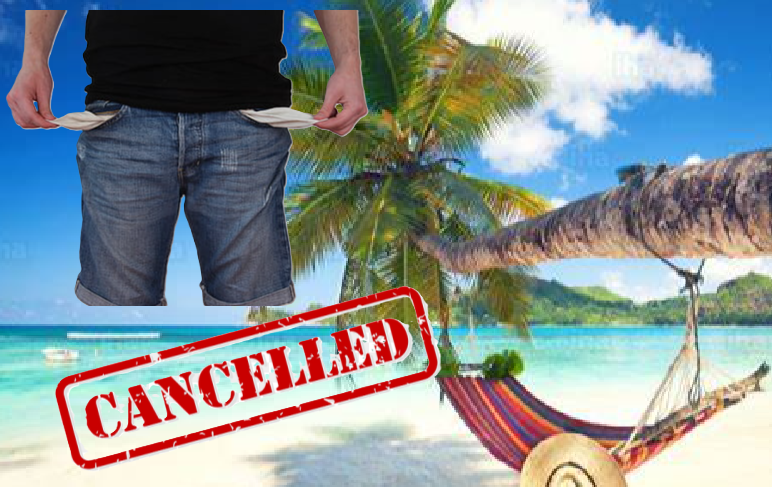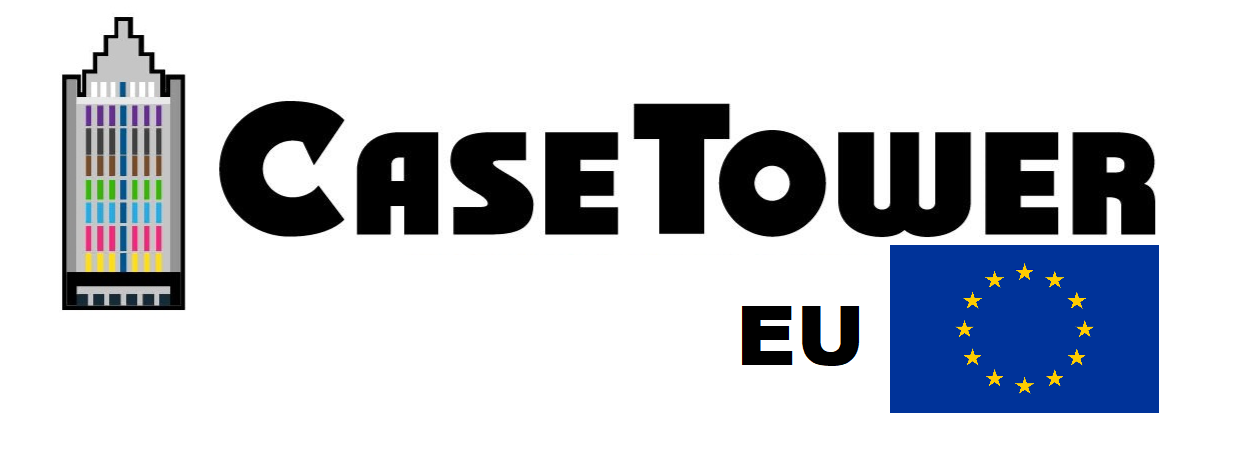Bundesarbeitskammer v HDI Global SE, and, the co-joined case of A, B, C, D v MS Amlin Insurance SE, (C 771/22), (C‑45/23)
Citation: Bundesarbeitskammer v HDI Global SE, and, the co-joined case of A, B, C, D v MS Amlin Insurance SE, (C 771/22), (C‑45/23)
Rule of thumb: What happens if you booked a holiday & it was cancelled due to the Covid lockdown? You are entitled to a full repayment of all the money you paid.
Facts: This was 2 co-joined cases. The facts were virtually the same. People in Austria & Belgium had organised trips to Gran Canaria & the Dominican Republic respectively. Due to Covid 19 they were not allowed to travel & could not take up their package, so had to cancel. They sought to get the money they paid back from the insurers of the travel companies they booked with. The insurers made a variety of pleas in law to try to avoid having to pay this, but none of these were upheld.
Judgment: The Court held that Covid 19 was an example of exceptional & uncontrollable circumstances which entitled the travellers to the repayment of their money paid for the holidays. The insurers were acting in breach of EU law in not repaying the travellers the money back which they paid for their holidays in these circumstances.

‘89. As regards the latter aspect, there appears to be nothing to justify a difference in treatment between those categories of travellers. In particular, as regards the possibility of excluding highly remote risks from the scope of the protection against the travel organiser’s insolvency, highlighted by some of the parties before the Court on the basis of recital 40 of Directive 2015/2302, it is not apparent from the documents before the Court that such an exclusion was provided for in the national legislation or the insurance contracts at issue in the main proceedings. In any event, any such exclusion would not justify such a difference in treatment. As stated in recital 40 of that directive, that exclusion covers risks such as the simultaneous insolvency of several of the largest travel organisers. It has no bearing on the question whether the refund claim of the traveller affected by the travel organiser’s insolvency arises from the non-performance of the package or from the exercise by that traveller of his or her right to terminate the package travel contract in one of the situations referred to in that directive.
90. Accordingly, in the light of the case-law cited in paragraph 82 of the present judgment and the principle of equal treatment, Article 17(1) of Directive 2015/2302 must be interpreted as including, in the security against the insolvency of travel organisers, refund claims of travellers that arose following the termination of their package travel contract which took place, in one of the situations referred to in that directive, before the travel organiser became insolvent.
91. In the light of all the foregoing, the answer to the first question in Case C‑771/22 and the single question in Case C‑45/23 is that Article 17(1) of Directive 2015/2302 must be interpreted as meaning that the security conferred on travellers against the insolvency of the package travel organiser applies where a traveller terminates his or her package travel contract because of unavoidable and extraordinary circumstances pursuant to Article 12(2) of that directive and, after that termination, that travel organiser becomes insolvent, but that traveller has not, prior to the occurrence of that insolvency, received a full refund of any payments made to which he or she is entitled under the latter provision’.
Judges: A. Prechal (Rapporteur); President of the Chamber, K. Lenaerts; President of the Court, acting as Judge of the Second Chamber, F. Biltgen, J. Passer; and M.L. Arastey Sahún
Warning: This is not professional legal advice. This is not professional legal education advice. Please obtain professional guidance before embarking on any legal course of action. This is just an interpretation of a Judgment by persons of legal insight & varying levels of legal specialism, experience & expertise. Please read the Judgment yourself and form your own interpretation of it with professional assistance.

